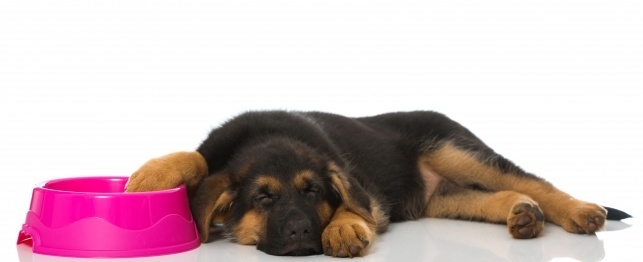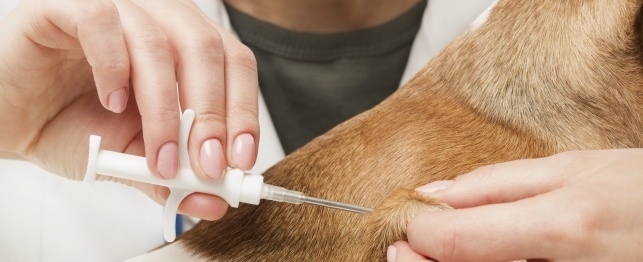

Dogs
One topic that veterinarians spend a lot of time on is puppies. Pet owners with new puppies have tons of questions and will ask for advice, which is great! A good vet will encourage you to ask about your pet's care. Many owners ask the same questions, so I'd like to provide some answers to the most common ones.
A puppy is a commitment that lasts years, and what you do as you form this relationship can alter the health, wellness, happiness, and behavior of your dog. There are things you should do and consider before as well as AFTER you get your puppy. Let's start with one very important topic: what you should consider BEFORE you bring a puppy into your life.
The advice veterinarians commonly give puppy owns includes the following:
Research. If you don't already have your puppy, the first thing you should do is to consider what you want in your new dog. What kind of personality do you want? What things do you want to do with them? How will the puppy integrate into your home and family? Some key questions you should consider are discussed in our article 10 Things to Decide BEFORE You Get a Dog.
Get a Check-up ASAP. Once you have your puppy, one of the first things you should do is to get them a check-up with your veterinarian. Bring all records and any information you have including purchase records, any vaccines given, deworming, health problems, and medications to your appointment. This check-up allows a veterinarian to do a physical examination and fecal check to determine if your puppy has worms and get an idea of your puppy's general health.
Vaccinate Your Puppy. Most puppies need to be vaccinated every 3 to 4 weeks until they are 16-20 weeks of age. See your vet for their specific vaccine recommendations based on your dog's risk of exposure and area of the country. Make sure to get your puppy vaccinated for diseases such as parvovirus, which can be deadly.
Start Crate Training. This is a MUST when you get a new puppy. When done properly, crate training will allow your dog to have a refuge when he or she feels scared or just wants a break. An important part of crate training is to make it a positive experience for your puppy. If your puppy whines or cries while in the crate, ignore them until they stop. It sounds mean at first, but think of it this way: if you give your puppy attention during this time by trying to soothe them, it is considered positive (any attention is good attention to many dogs). You will need to train your puppy to learn that the crate is a good place for him. There are some great tips on how to create train your puppy in Crate Training Your Puppy.
Don't Give Up On Crate Training. There can be a few difficult days and nights when you start crate training, but don't give up. We have some solutions to common issues in Dealing with Create Training Problems. Another good way to help your dog to love the crate is detailed in our article on Crate Games. Understand Urine Control. It is important to know how long your puppy can hold his urine; anything else is setting both of you up for failure. A puppy can hold his urine about one hour for every month of age he or she is, plus one. For example, an 8-week-old puppy (2 months) can hold his urine about 3 hours (2 + 1). A 12-week-old puppy (4 months) can hold his urine about 5 hours (4 + 1). If you are leaving your puppy for 9 hours and he or she has an accident, that is natural and expected; it's not their fault and they shouldn't be punished.
 Picking the Right Food for Your Puppy
Picking the Right Food for Your Puppy
Picking the Right Food for Your Puppy
Picking the Right Food for Your Puppy
 Kennel Cough in Dogs: Symptoms and Treatment
Kennel
Kennel Cough in Dogs: Symptoms and Treatment
Kennel
 The Dangers of Picnics and Parties
The Dangers of Picnics and Parties to Dogs
The Dangers of Picnics and Parties
The Dangers of Picnics and Parties to Dogs
 Help Your Dog Survive a House Fire
Help Your Dog Survive a House Fire
Help Your Dog Survive a House Fire
Help Your Dog Survive a House Fire
 Methods of Identification in Dogs
Methods of Identification in Dogs
Methods of Identification in Dogs
Methods of Identification in Dogs
Copyright © 2005-2016 Pet Information All Rights Reserved
Contact us: www162date@outlook.com